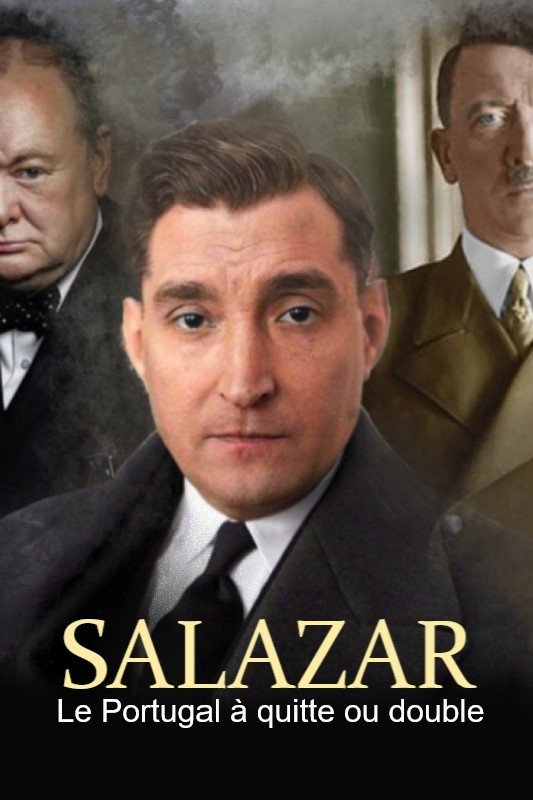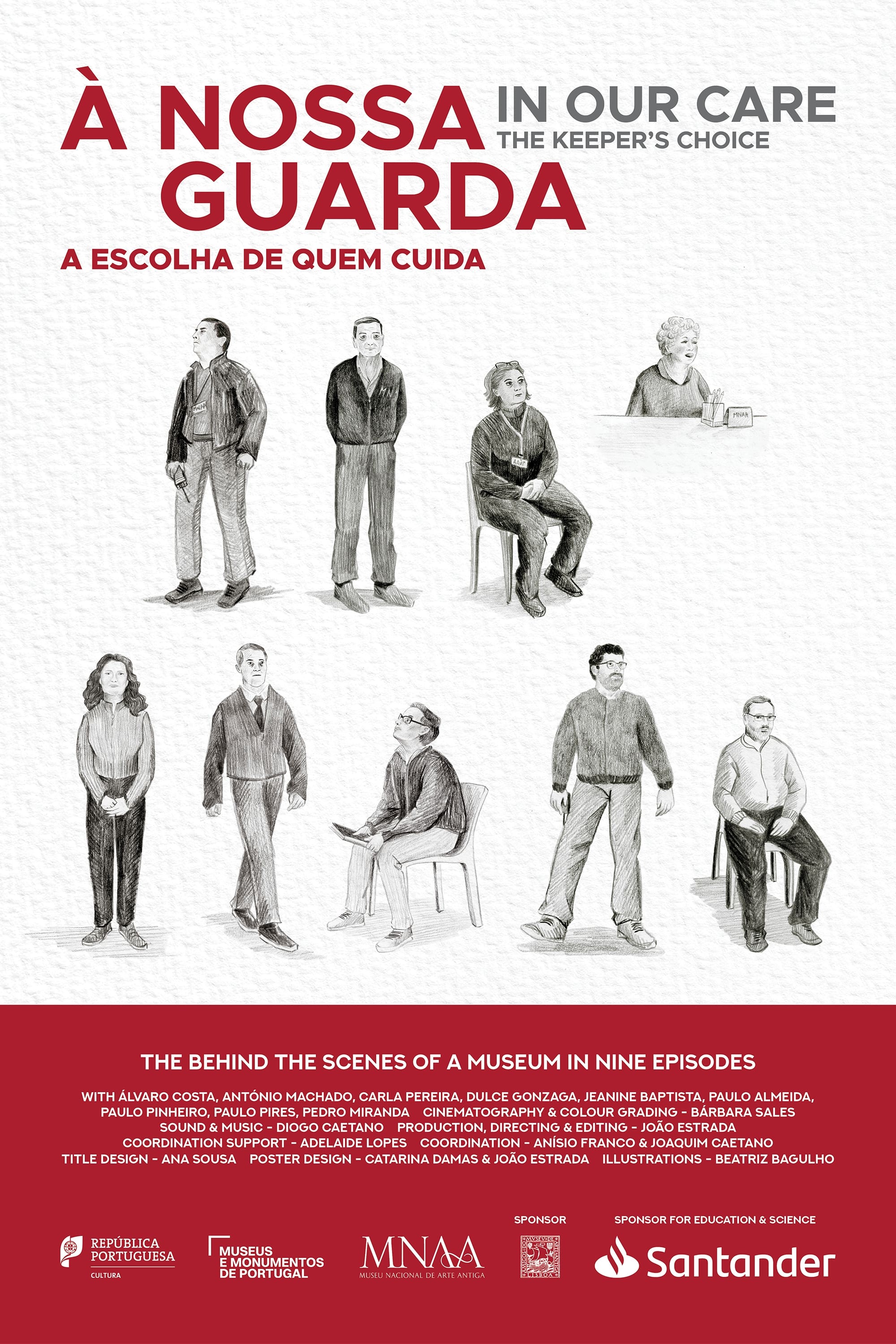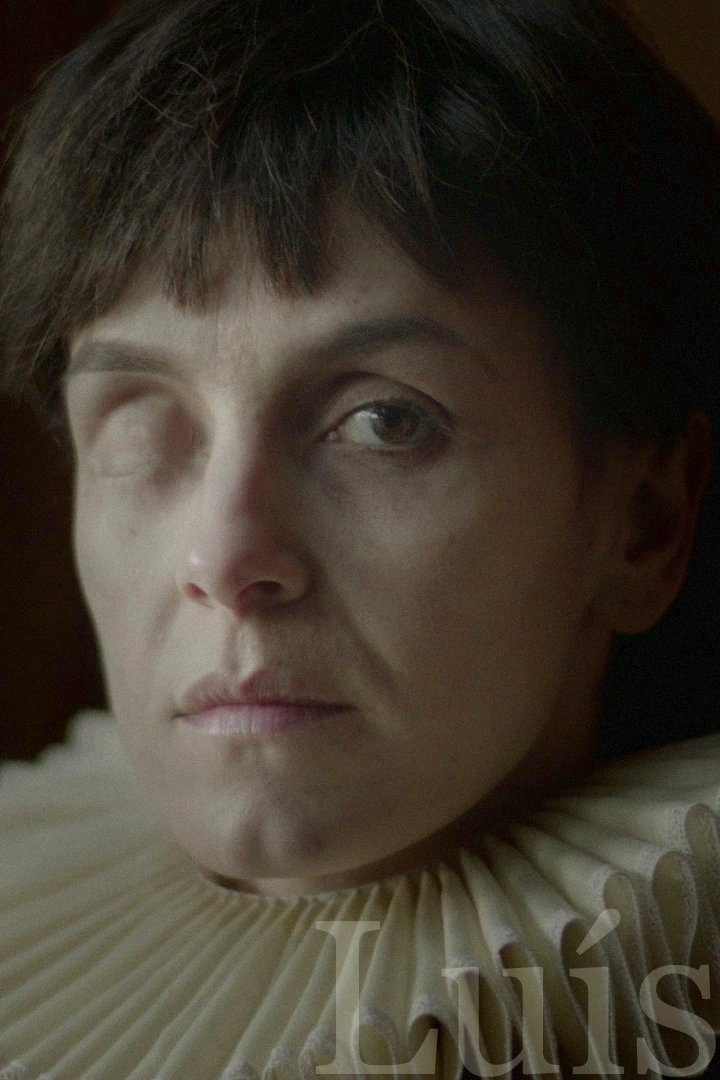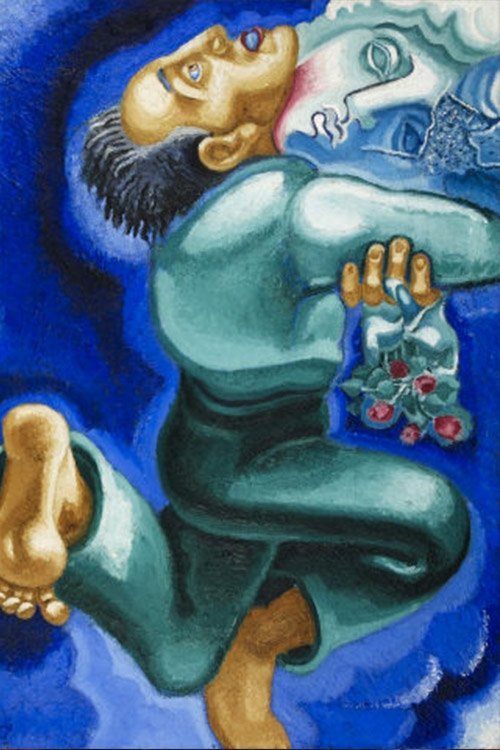
Portugal managed to get through all of World War II without firing a single shot. Caught in a vise between the Axis and the Allies, Antonio Salazar, the country’s strongman, used every trick in the book to get his country through unscathed. In this war of nerves in which anything went, the Portuguese dictator took brilliant advantage of the only weapon available to maintain his country’s independence: neutrality.

Nine security guards from the Museu Nacional de Arte Antiga, in Lisbon, invite us to appreciate works of their choice from the Museum's permanent exhibition, in a presentation that crosses art, everyday life and biography.

Spain, 1519. Ferdinand Magellan, Portuguese navigator in the service of King Charles I, undertakes, at the command of five ships, a commercial expedition to the Moluccas. The story of the first circumnavigation of the world, completed by Juan Sebastián Elcano in 1522.

In Portugal, during the night of April 24-25, 1974, a peaceful uprising put an end to the last government of the Estado Novo, the authoritarian regime established in 1933 by dictator António de Oliveira Salazar (1889-1970), paving the way for full democracy: a chronicle of the Carnation Revolution.

A portrait of Amália by herself. Her personality, experiences, daring, songs, joys and sorrows and a journey that took her all over the world, are told here through moments when Amália crossed with the history of radio and television and public.

A ghostly meeting with Luís de Camões, the one-eyed adventurer, widely considered Portugal’s greatest poet. Luís de Camões is considered Portugal’s national poet, an equivalent to England’s Shakespeare or Spain’s Cervantes. João Lopes’s film takes us on an otherworldly journey to Camões’s five-hundred-year-old epic Os Lusíadas, which he composed in Macau whilst he was stationed in the colony.

Documentary about the life and work of Mário Eloy, one of the greatest painters of the second generation of modernism in Portugal.
By browsing this website, you accept our cookies policy.